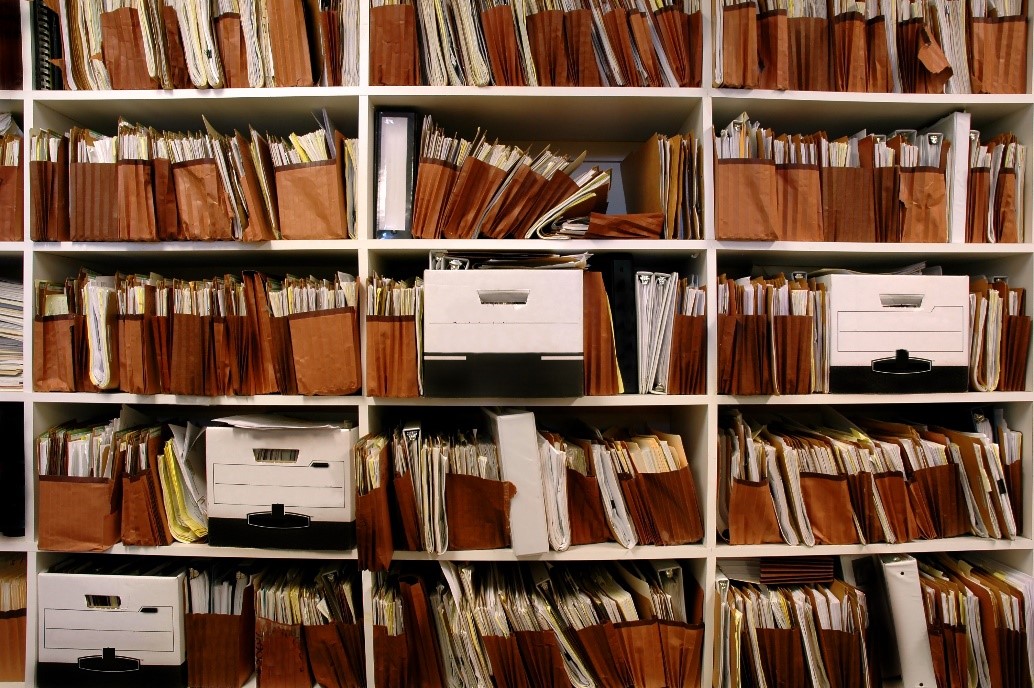
Avoid Information Overload with Capturing Systems Constraint Management Orderlines Personal Management Project Management
Stress! That’s what you can have, my friend, when in a situation where you have a lot of information flowing toward you. You have to do something with it as it comes in and put it where you can find it when you need it.
Dave Allen, the author of “Getting Things Done” says that the #1 step for reducing stress and increasing productivity is to capture everything in a trusted external system because “your head’s a crappy office”.
Today the topic is about Capturing Systems, and we at Launch Leadership Development are going to help you avoid that information overload by discussing:
- Why you need good capturing systems
- Examples of capturing systems
- What systems work best in specific situations
- Organization tips
Two reasons you need good capturing systems include:
1.) You will feel more in control as information comes in when you have a specific place to save it
2.) You will save precious time later when you need that information. How many minutes have you wasted lately trying to find something? Stressful, yes?
Examples of capturing systems include:
- notebooks
- apps on your phone
- post its
- white boards
- calendars
- video
- recording
- files on your computer
- filing systems for hard copies
What systems work best for specific situations: Each of these systems can be the most efficient choice for the right situation.
- Getting instructions from your teacher/boss? Writing in a notebook may be the best option to make sure you don’t miss anything later.
- Being shown a how-to demonstration? Get your phone out and record it!
- Keep post-its handy on your desk for temporary quick notes such as phone numbers and email or website addresses
- In a meeting? Use Evernote or Onenote
- Is your teacher/boss using a whiteboard or large screen for instruction? Take a picture of the board with your phone
- Hard copy documents? Get a binder, accordion file folder, or file folders for a desk drawer or small filing cabinet.
Some basic organization tips that are helpful include:
- develop the habit of cleaning out your inbox daily. Build folders in your email system to organize information you will need later. Delete the rest!
- make use of the notes app on your phone by building folders so that you always have information with you. Mine is FULL of folders such as:
photos of business cards
auto records of last oil change, maintenances, tires, etc.
the type of ink cartridge my printer takes, furnace filter sizes, etc.
to do lists and goals
my budget for the month and where I’m at with it
prayer list
- make use of the calendar on your phone and develop the habit of checking it daily. I even write to do lists on each day, the night before, and refer to it often. As I make appointments, I record it immediately on my calendar.
- Make folders in your computer program to organize all your documents…then folders inside those folders, if needed. A place for everything and everything in its place!
- It sounds old school, but we still have hard copy documents that need an organized space to live. As mentioned above, an accordion file folder works well. Label each slot and be diligent to file papers immediately.
Try using one of these systems and see if you find it helpful. Your phone may be the easiest, since you always have it with you. Experiment with the Notes and/or calendar. Reminder: it will only be effective if you are consistent and timely with using them.
I believe you are going to see your stress level drop when you get your information organized, my friend!
-Jan Jones
Check out this tip from Getting Things Done author David Allen: